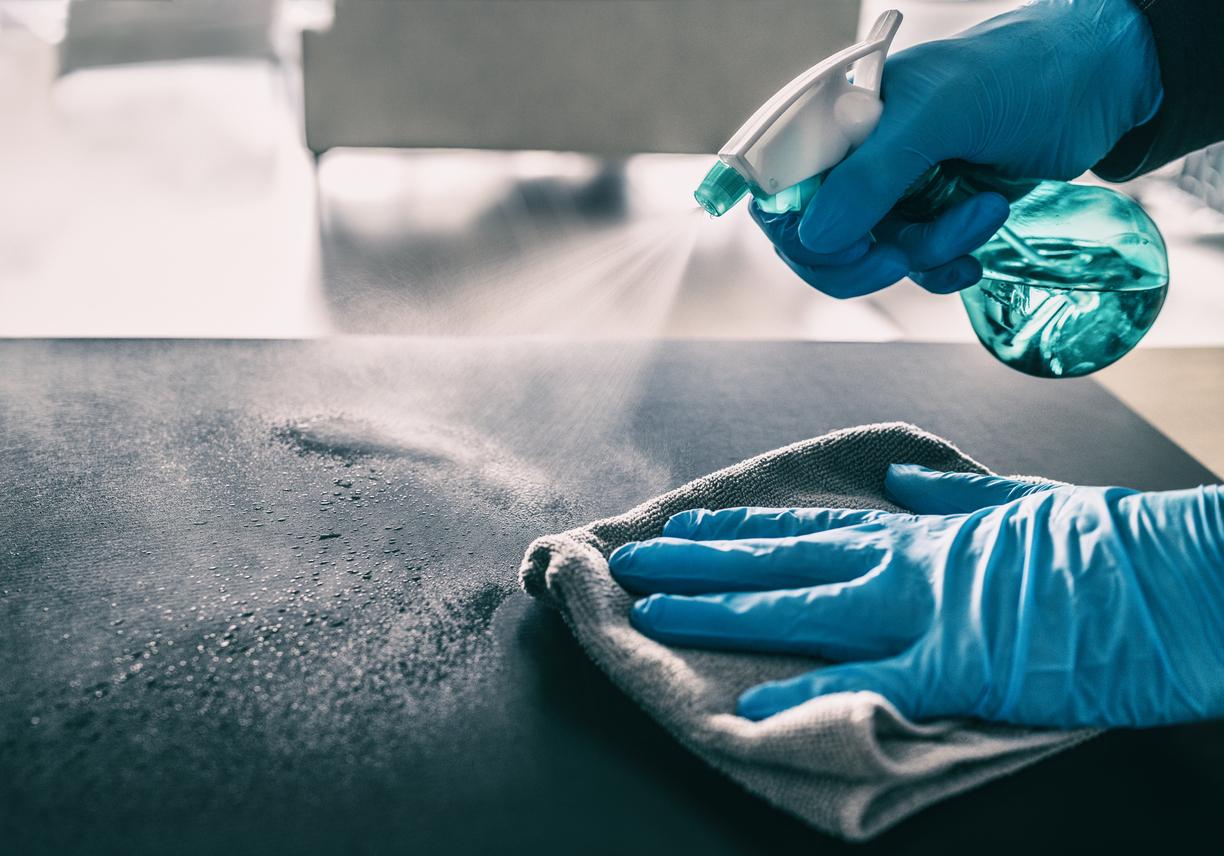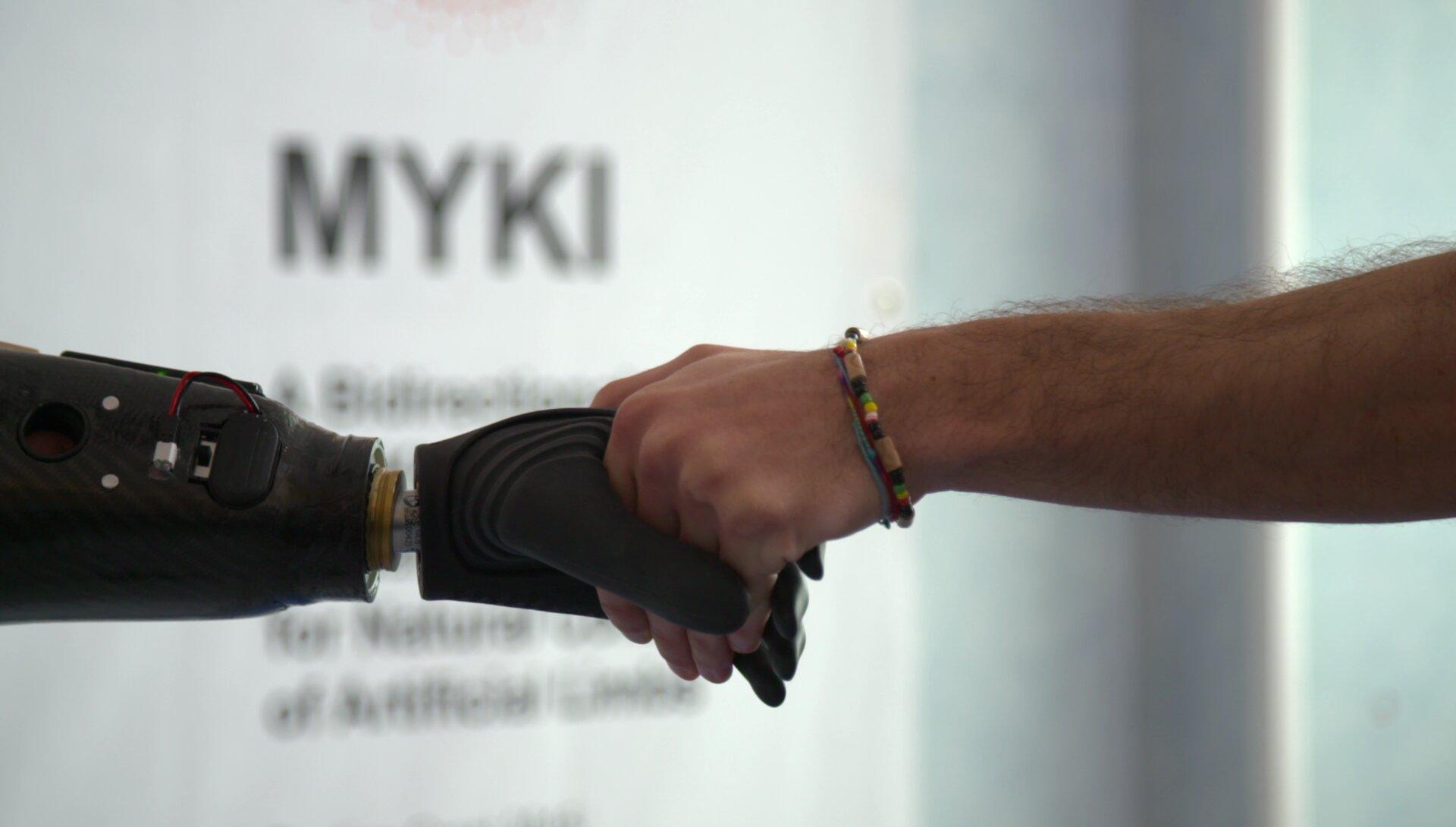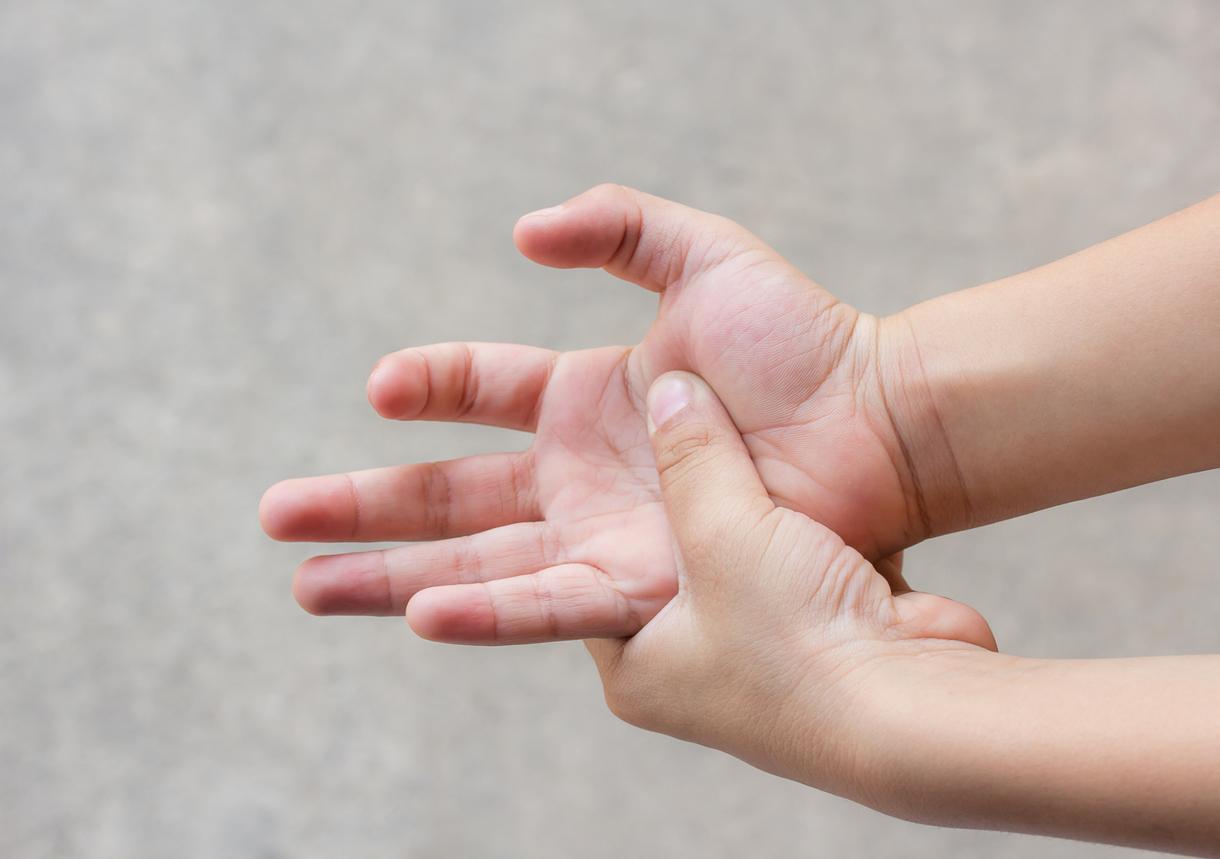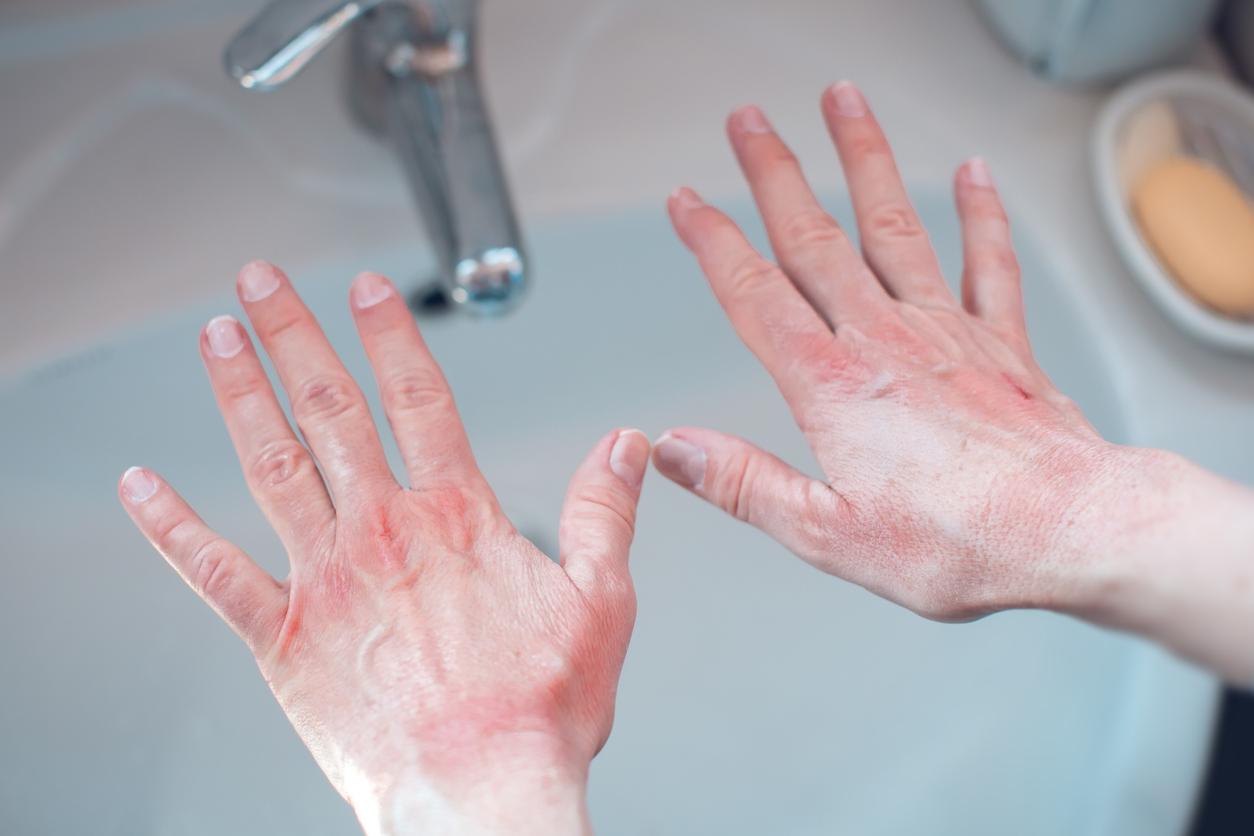Antibacterial soap is once again controversial. According to a study published by Korean researchers, it is indeed no more effective than a traditional soap.
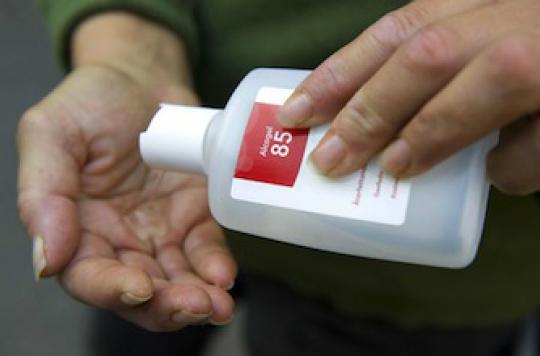
Antibacterial soaps, containing triclosan, were very successful during the H1N1 flu epidemic. However, the properties of this type of product have also been regularly controversial, and their effectiveness questioned. In 2013, the powerful Food and Drug Administration in the United States proposed a rule for industrialists, asking that they prove the benefits of these soaps over conventional liquid soaps, before putting them on sale.
The proof of the ineffectiveness of triclosan soaps now seems to have been made, if we are to believe a study published in the Journal of Antimicrobial Chemotherapy, which shows that the action of “classic” soaps on bacteria is comparable to that of antibacterial soaps.
Twenty strains of bacteria
The researchers at Korea University behind this work looked at the effects of the active antimicrobial agent found in the majority of antibacterial soaps and gels, triclosan. A series of experiments was carried out in vitro, then in vivo, thanks to the participation of 16 volunteers.
Thus, two types of soap, one antibacterial, containing 0.3% of triclosan and the other, more “classic”, without this agent, were first exposed for twenty seconds to twenty strains of bacteria, among which E-Coli or even salmonella. After the period of time had elapsed, the bacteria elimination results were similar regardless of the temperature of the room in which the experiment was performed (alternately 22 ° C or 40 ° C).
After that, the researchers turned to hand washing in real conditions. Participants had to wash their hands for thirty seconds, according to WHO recommendations, with each of the soaps, a layer of bacteria having previously been deposited on their palms. Again, no significant differences depending on the method used.
Long-term differences
On the other hand, other samples were taken nine hours after washing. In this case, the antibacterial soap had a significantly greater effect on microbes than the normal soap.
In the laboratory, this can be useful for cleaning certain tools and eliminating microbes. But for hand washing, which obviously lasts less than nine hours, there is not necessarily an advantage in using an antibacterial soap, as long as you do not use the collective soap left on the soap instead. the rim of the sink.
.










